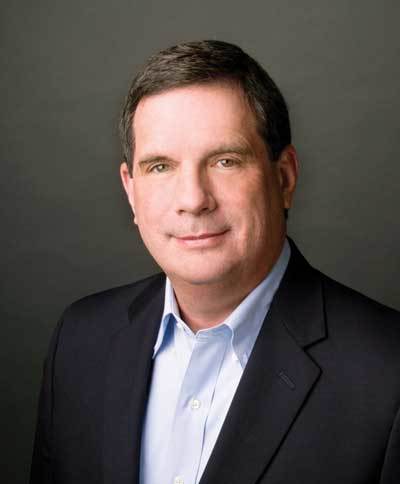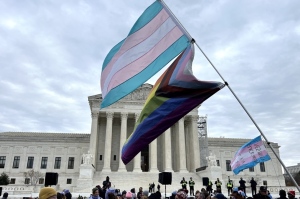The once-a-month church goers are becoming more common

It is fascinating to watch the trends among congregations as they start to regather with COVID-19 beginning to fade. Some of the trends are really good. For example, we are seeing more churches now receptive, if not savvy, to technological developments than any point we can recall. Also, we are beginning to see a resurgence of evangelism in the local church.
To be clear, any developments thus far are in their incipient stages. Time will tell if these trends truly become long-lasting.
One of the most disturbing trends we are seeing is the decreasing frequency of attendance. Two decades ago, a frequent church attender was considered a person in church services or activities once or twice a week. Prior to the pandemic, the twice-a-month church attendee was considered active by most church members and leaders.
But one of the trends emerging from the pandemic is the increasing number of once-a-month attendees. We are watching three developments as this trend emerges.
The once-a-month churchgoer is the fastest growing segment of church life
Our information at this point is both early and anecdotal, but we are hearing from numerous pastors that many church members who were frequent in their church attendance are now once-a-monthers. This observation lends itself to many questions. Is this trend temporary, one that will improve as COVID concerns wane? Are these members re-establishing themselves or are they easing themselves out? What are the motivations for such infrequent attendance?
Further anecdotal information from pastors points to the lack of concern by the once-a-monthers for their infrequent attendance. One pastor said they are acting as nonchalant as the CEOs (Christmas Easter Only).
The once-a-month pattern is a continuation from Pre-COVID days
Our team, led by the work of Sam Rainer, has been reporting on the attendance frequency decline for several years. It was a pattern of slow and methodical erosion.
But the pandemic both accelerated and exacerbated the trend. We were lamenting the twice-a-monthers in 2019. We are challenged by the once-a-monthers now.
At this point, churches are doing little to address this problem
I hope we will see a surge and recommitment to new member classes to raise the bar of expectations of church members. I pray we will get more serious about the importance of the local church. I also pray we will not surrender to culture and assume we cannot win back faithfulness from Sunday sports leagues, lazy sleep-ins, and 15 Sunday vacations a year.
A common refrain among the once-a-monthers is that Sunday is the only day they have for family time. What are they doing on Saturday? And why is church not the best family time possible?
Too many churches have dumbed down what it means to belong to the Body of Christ. Check 1 Corinthians 12 again to see what a church member is really supposed to do. And don’t forget: the New Testament from Acts 2 to Revelation 3 is either about the local church or written in the context of a local church.
God thought the local church was sufficiently important to feature it in most of the New Testament after the Gospels. No, the church is not perfect. Yes, it has hypocrites – every single church member. But it is God’s plan A, and he didn’t offer a plan B.
The once-a-month church attendee is not as much a function of culture winning as it is the church surrendering.
It’s time to reclaim the local church and its importance.
Anything less is flagrant disobedience to God’s plan to make disciples.
Originally published at Church Answers
Thom S. Rainer is the founder and CEO of Church Answers, an online community and resource for church leaders. Prior to founding Church Answers, Rainer served as president and CEO of LifeWay Christian Resources. Before coming to LifeWay, he served at The Southern Baptist Theological Seminary for twelve years where he was the founding dean of the Billy Graham School of Missions and Evangelism. He is a 1977 graduate of the University of Alabama and earned his Master of Divinity and Ph.D. degrees from The Southern Baptist Theological Seminary.




























